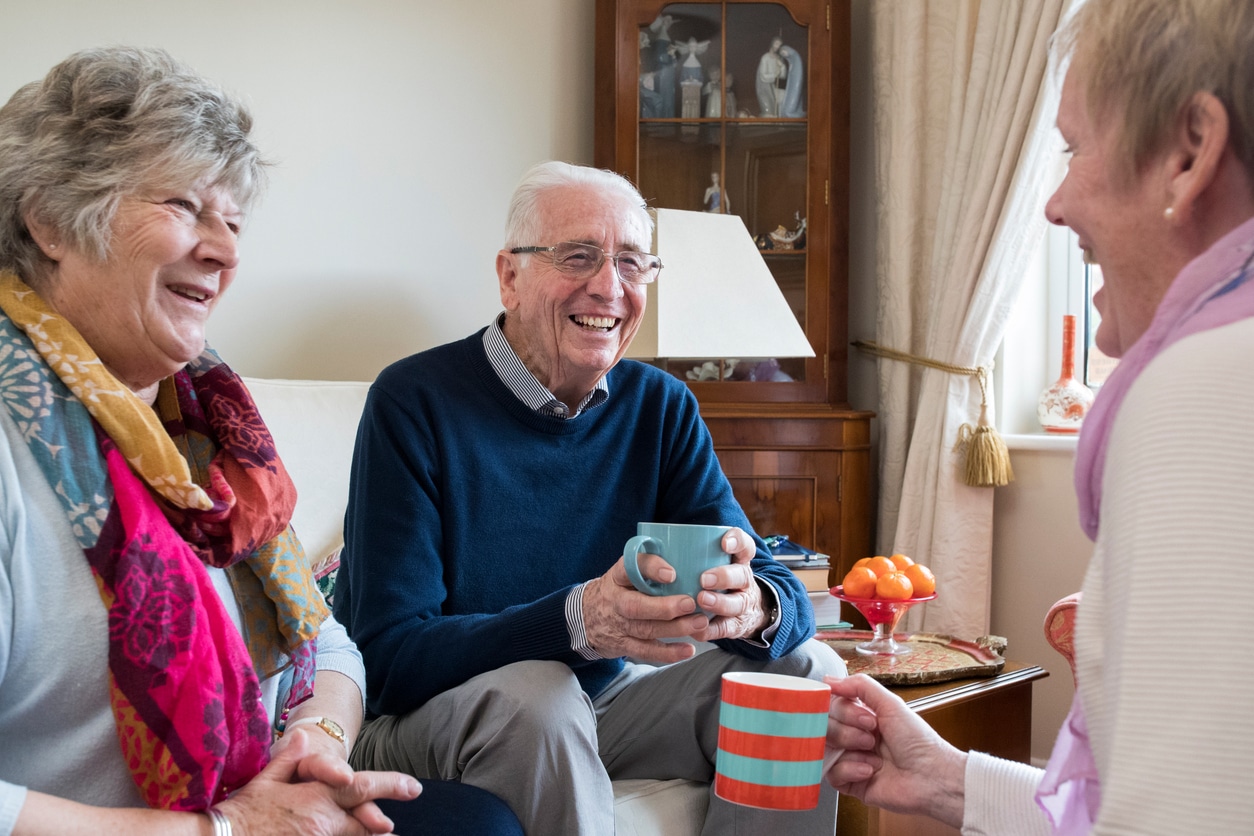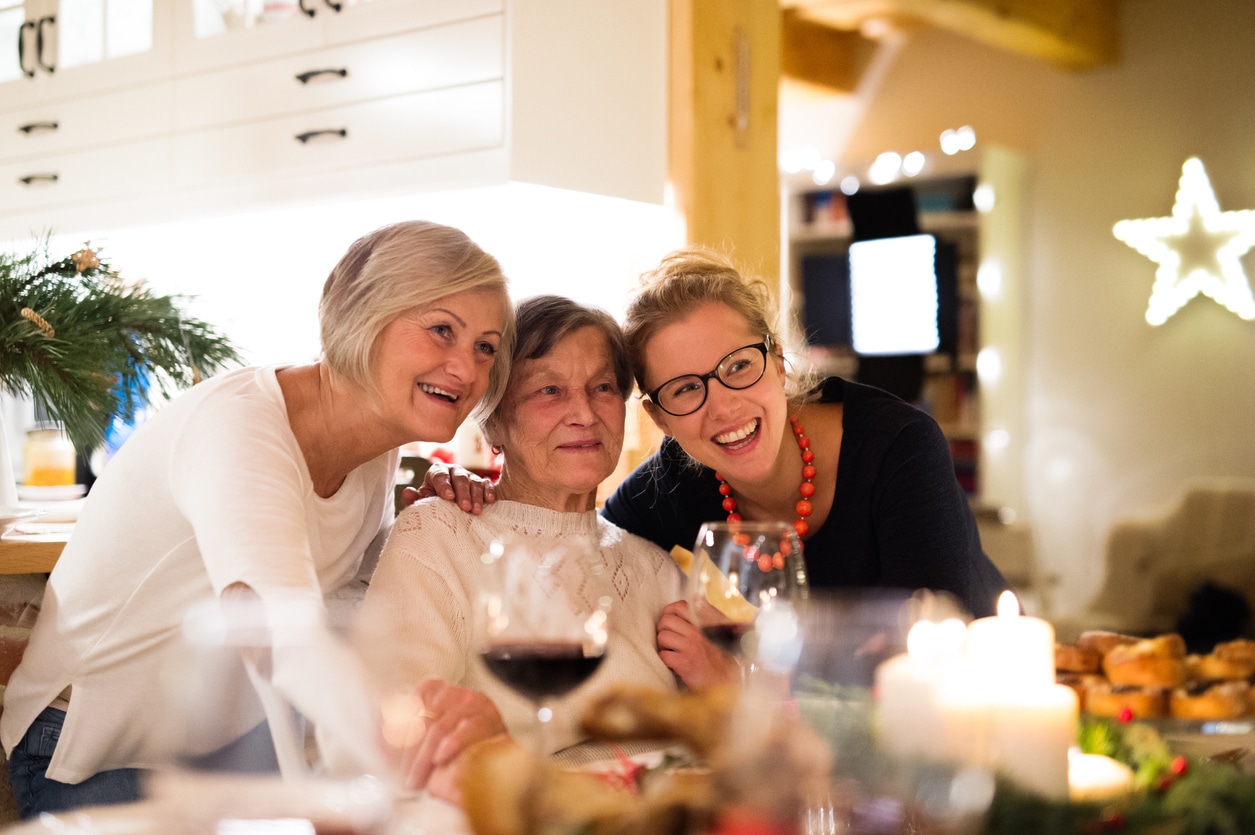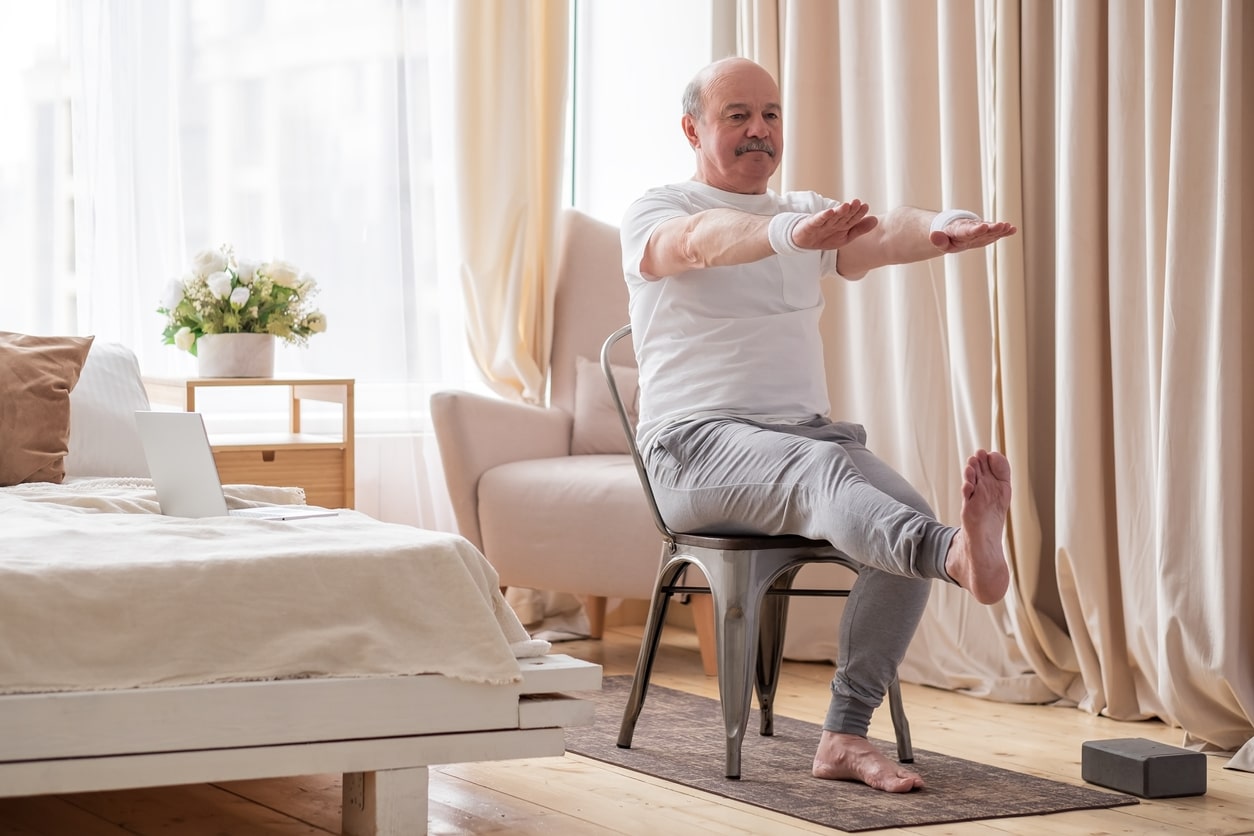Anxiety is a prevalent concern among seniors that often goes unnoticed. The retirement years, often portrayed as a time of leisure and relaxation, can bring about a host of worries and anxieties, whether they are rooted in real concerns or not.
Financial uncertainties, health worries, loneliness, and a lack of support can all contribute to anxiety and even panic attacks in seniors. These anxieties can have far-reaching consequences, including increased risk of falls, depression, and social isolation. While these symptoms may appear unfounded to outsiders, they are very real to those experiencing them. As a loved one or caregiver, there are several ways to offer support and help seniors find peace and relaxation.
Offer Support and Help Seniors Find Peace and Relaxation
Relaxation Techniques
Supporting a senior with anxiety doesn’t need to be a complex endeavor. Encouraging your loved one to adopt relaxation techniques can be highly effective. These techniques become more powerful when practiced regularly, providing a valuable resource during times of distress.
Activities such as stretching, yoga, and meditation can be practiced anywhere and anytime, offering relaxation for both the body and mind. Concentrated breathing is particularly effective, enabling individuals to calm their minds and gain clarity.
Improved Sleep
A good night’s sleep can significantly alleviate anxiety during the day. Encourage your loved one to establish healthy sleep habits by turning off screens at least an hour before bedtime. This practice helps clear the mind of worries and distractions. Other beneficial sleep-inducing activities include taking a warm bath, engaging in light stretching, and ensuring the bedroom is dark and conducive to restful sleep.
Diet and Exercise
Diet plays a pivotal role in day-to-day mood and overall well-being. A well-balanced diet that includes fresh fruits, vegetables, lean proteins, and whole grains can help maintain mental and physical balance. Conversely, it’s essential to avoid overindulgence in alcohol, caffeine, sugary, processed foods, and items high in trans fats and sodium, as these can exacerbate anxiety.
Regular exercise is also crucial. A daily walk in a scenic park or by the water can significantly reduce stress and anxiety. Breathing in fresh air and engaging in mild physical activity can elevate heart rate, even if just slightly. Swimming, a low-impact exercise, can also be incredibly relaxing, promoting better sleep and aiding in weight management.
Stay Social
Seniors may find themselves feeling lost and isolated once their children have left the nest or if their partner is no longer present. Isolation can sneak up quickly and be detrimental. Encourage your loved one to maintain social connections by joining classes or groups with shared interests. Pursuing or learning new hobbies can be an excellent way to make friends and stay engaged.
Seek Support
It’s crucial to seek professional help if anxiety becomes overwhelming and unmanageable. Open conversations with friends, family, or support groups can also provide solace. Connecting with others who experience similar anxiety can be reassuring, reminding individuals that they are not alone in their struggles.
In some cases, considering a medical alert system can provide peace of mind. These systems ensure that help is just a button push away, should it ever be needed.
Remember, anxiety among seniors is a common and understandable concern. By implementing these strategies and offering support, we can help our elderly loved ones find tranquility and live more fulfilling retirements.




